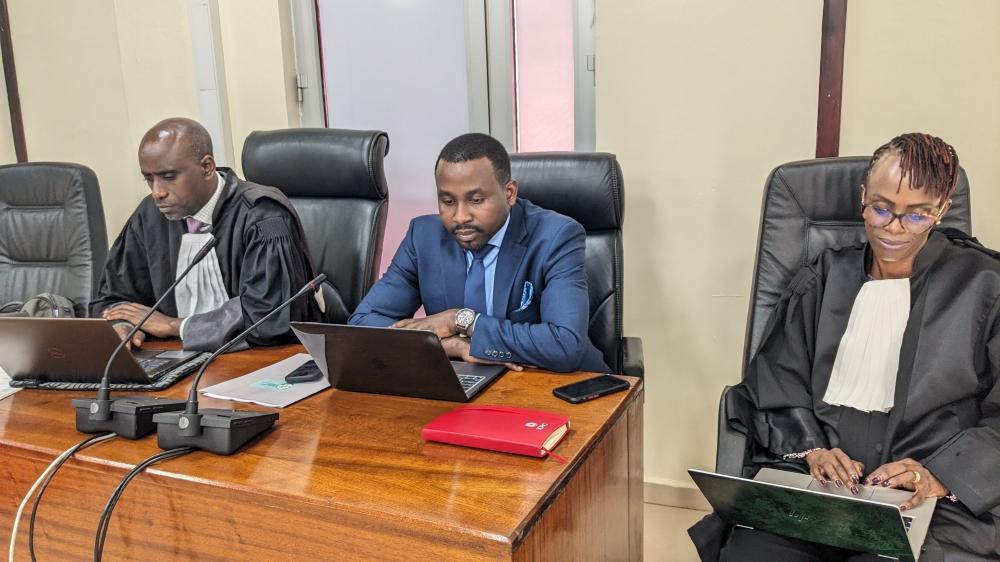Africa-Press – Rwanda. The Supreme Court, on Thursday, June 5, dismissed a petition filed by Kigali-based lawyer Jean-Paul Ibambe challenging Article 39 of the cybercrime law, which criminalises the use of cyber systems to spread rumours that may incite fear, violence or damage someone’s reputation.
In his petition filed mid-last-year, Ibambe argues that the article is against the constitutional freedoms of press and expression.
The law determines that a person convicted of such cyber offences faces a prison term of three to five years and a fine of one to three million Rwandan francs.
In a hearing held last month, Ibambe contended that such legal provisions stand in contrast with Article 38 of the Constitution which guarantees freedom of the press, freedom of expression and the right to access information.
He also argued that such cases should be handled by civil courts, claiming that their criminalisation contravenes domestic and international legal precedents. For example, he cited a 2019 ruling in which the judiciary decriminalised humiliation of public officials and the defamation of religious rituals.
In a verdict read by a bench of judges led by Chief Justice Domitilla Mukantaganzwa on Thursday, the Supreme Court ruled that though the Constitution guarantees freedom of expression, it also has the responsibility of protecting people’s dignity and rights, and that free speech cannot be used to justify spreading harmful and false information.
The judges cited a number of international conventions and continental agreements that protect human rights as well as Rwanda’s constitution to clarify that cyberspace should not be used as a tool for harmful falsehoods that could distabilise public order and people’s dignity.
The court also referred to the explanations that the Ministry of ICT and Innovation gave to the Parliament during the process of enacting the law. Here, for example, the judges said that the current advancements in technology continue to pose challenges in regards to increased cybercrime and hence the need for safety measures.
Pointing out that the cybercrime law came in place to protect the rights of people using cyberspace by stopping fake and maliciously motivated information, the judges noted that such legislation is specific to Rwanda’s context even though countries such as Kenya and the Philippines have similar laws.
Speaking in an interview with The New Times after the reading of the verdict, Ibambe picked positives from the petition, despite its dismissal.
“The article is not repealed but at least the Supreme Court has explained what is the publication of rumours,” he noted.
Asked whether there are further legal avenues for him to continue appealing against particular articles that he finds unconstitutional, the lawyer said he plans to continue his advocacy with relevant institutions during the formulation of new ICT policies so that they are made more “progressive.”
For More News And Analysis About Rwanda Follow Africa-Press






